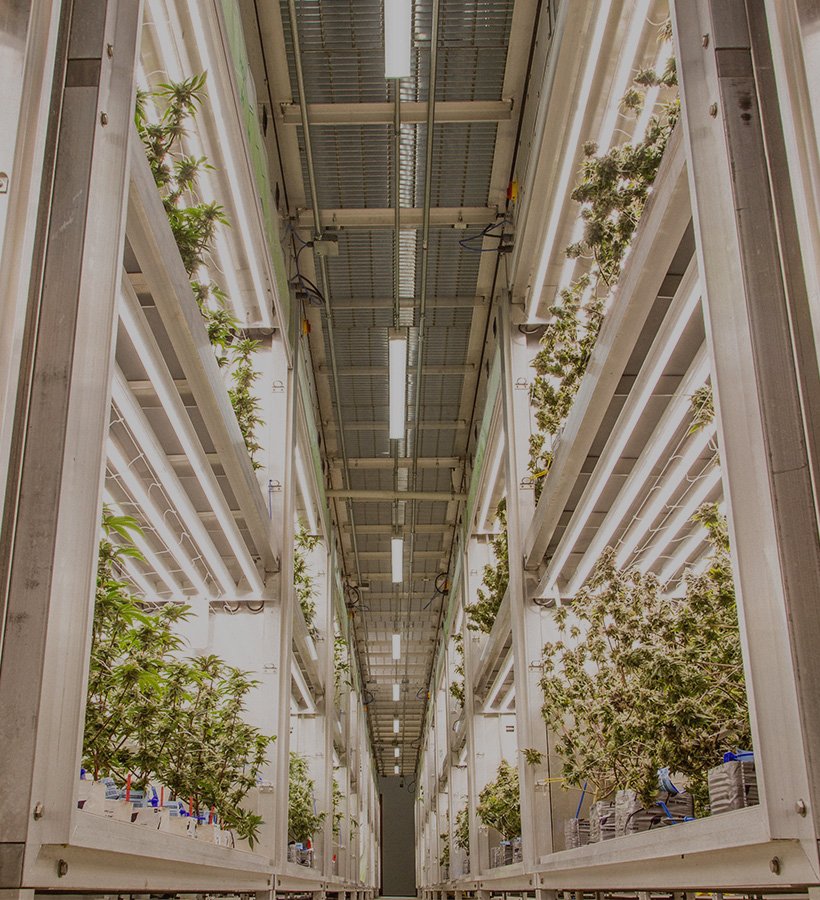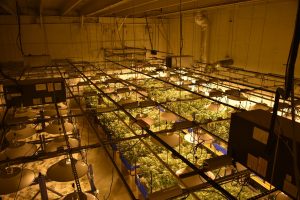The German market offers a uniquely promising landscape for startups in the cannabis home growing sector, especially in the wake of recent legislative changes that partially legalize personal cultivation. Establishing a business in Germany for this market segment not only leverages the country’s strong economic framework but also serves as a strategic entry point to the broader European market. Here’s a deeper look into why Germany is a prime location for launching a cannabis home growing startup:
Strategic Advantages of Starting in Germany
- Economic Stability: As Europe’s largest economy, Germany provides a stable economic environment that supports entrepreneurship and innovation. The presence of a robust financial system, coupled with supportive infrastructure for startups, makes it an ideal location for new business ventures, especially in emerging markets like cannabis cultivation.
- Legislative Progress: The recent partial legalization of cannabis for personal use in Germany indicates a progressive shift in drug policy, which opens significant opportunities for home growing ventures. Startups that enter early into this evolving market can establish themselves as market leaders as regulations continue to develop.
- Consumer Market Potential: With a population of over 83 million, Germany offers a large consumer base for cannabis products. The growing acceptance and interest in cannabis for both medical and recreational use can drive demand for home growing kits, supplies, and educational services.
- Access to the European Market: Starting a business in Germany offers strategic access to the broader European Union market. The country’s central location and strong logistics networks make it an excellent hub for distributing products across Europe, thereby mitigating the risk of being outcompeted by startups in other EU countries.
- Research and Development Capabilities: Germany is renowned for its research and development in various industries. Leveraging this expertise, cannabis startups can collaborate with academic institutions and research centers to innovate and improve their offerings.
With the recent legislative changes in Germany concerning cannabis, particularly the partial legalization that allows for home cultivation, there is a noticeable shift in the market dynamics and consumer behavior. This transition is poised to significantly affect various aspects of the cannabis market, especially the home growing sector.
Enhanced Market Potential in Home Growing
The law, referred to as the “Gesetz zum kontrollierten Umgang mit Cannabis und zur Änderung weiterer Vorschriften” (CanG), aims to reduce the stigma associated with cannabis use and diminish the black market’s influence. According to Dr. Bernd Werse from Goethe-Universität, an estimated 10% of the German population is interested in pursuing home cultivation of cannabis. This interest represents a substantial portion of the population considering Germany’s estimated 4.5 million regular cannabis users.
Impact on the Black Market and Legal Sales
Dr. Werse notes that while the law won’t eliminate illegal cannabis trade completely, it’s expected to significantly undercut it by allowing legal home growing and regulated Anbauvereinigungen (cultivation associations), which can provide up to 50 grams of dried plant material to their members. This shift can redirect a considerable portion of cannabis consumers from illegal dealers to legal sources, thus improving safety and quality control for users while potentially increasing tax revenues from legal sales.
Challenges and Opportunities for Startups
The emergence of home cultivation presents unique challenges and opportunities for startups:
- Supply and Equipment: There is a burgeoning market for growing supplies, equipment, and educational materials tailored to new home growers. Startups that can provide innovative, easy-to-use home cultivation kits or personalized growing advice could capture a significant market share.
- Regulatory Compliance: Startups will need to navigate a complex regulatory environment. Ensuring compliance with all legal requirements for selling cannabis-related products will be crucial. This includes understanding restrictions on advertising, product safety standards, and potential future changes in legislation.
- Community and Support: Building a community around home growing can foster customer loyalty and brand strength. Providing a platform for home growers to share tips, showcase their cultivation results, and discuss strains could enhance user engagement.
- Innovation in Cultivation Technology: Advanced cultivation technologies that make growing at home more accessible and less time-consuming, such as automated watering and lighting systems, could appeal to a broader audience, including less experienced users who might be intimidated by the prospect of growing cannabis.
Conclusion
The legislative changes in Germany provide a fertile ground for the growth of the home cannabis cultivation market. With an estimated 10% of the population interested in growing their own cannabis, startups have a significant opportunity to innovate and capture market share in this nascale industry. By focusing on consumer education, regulatory compliance, and technological innovation, startups can effectively capitalize on the growing acceptance and legalization of cannabis in Germany. As the market evolves, these companies will play a pivotal role in shaping the future landscape of cannabis cultivation in Germany and potentially across Europe.









